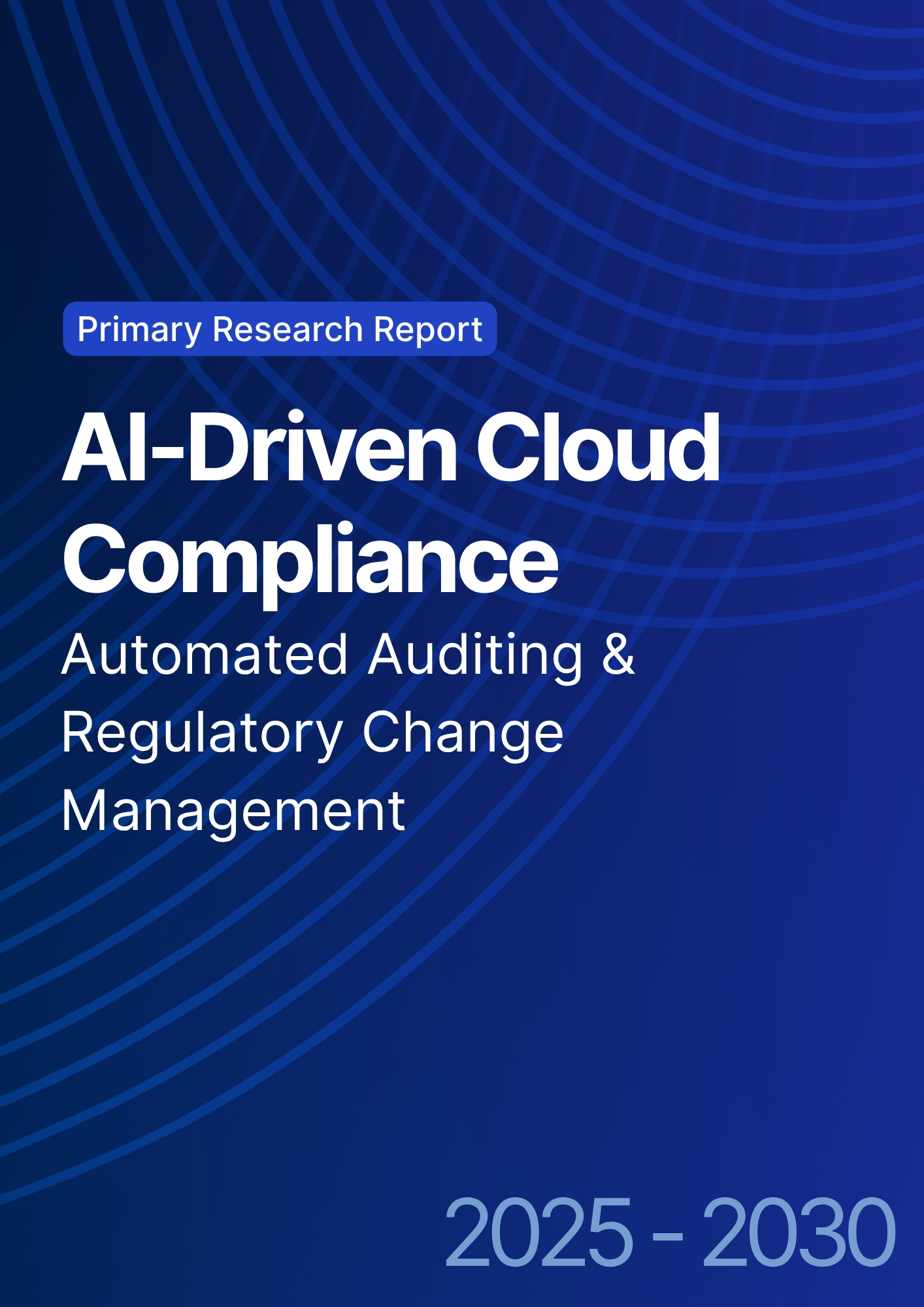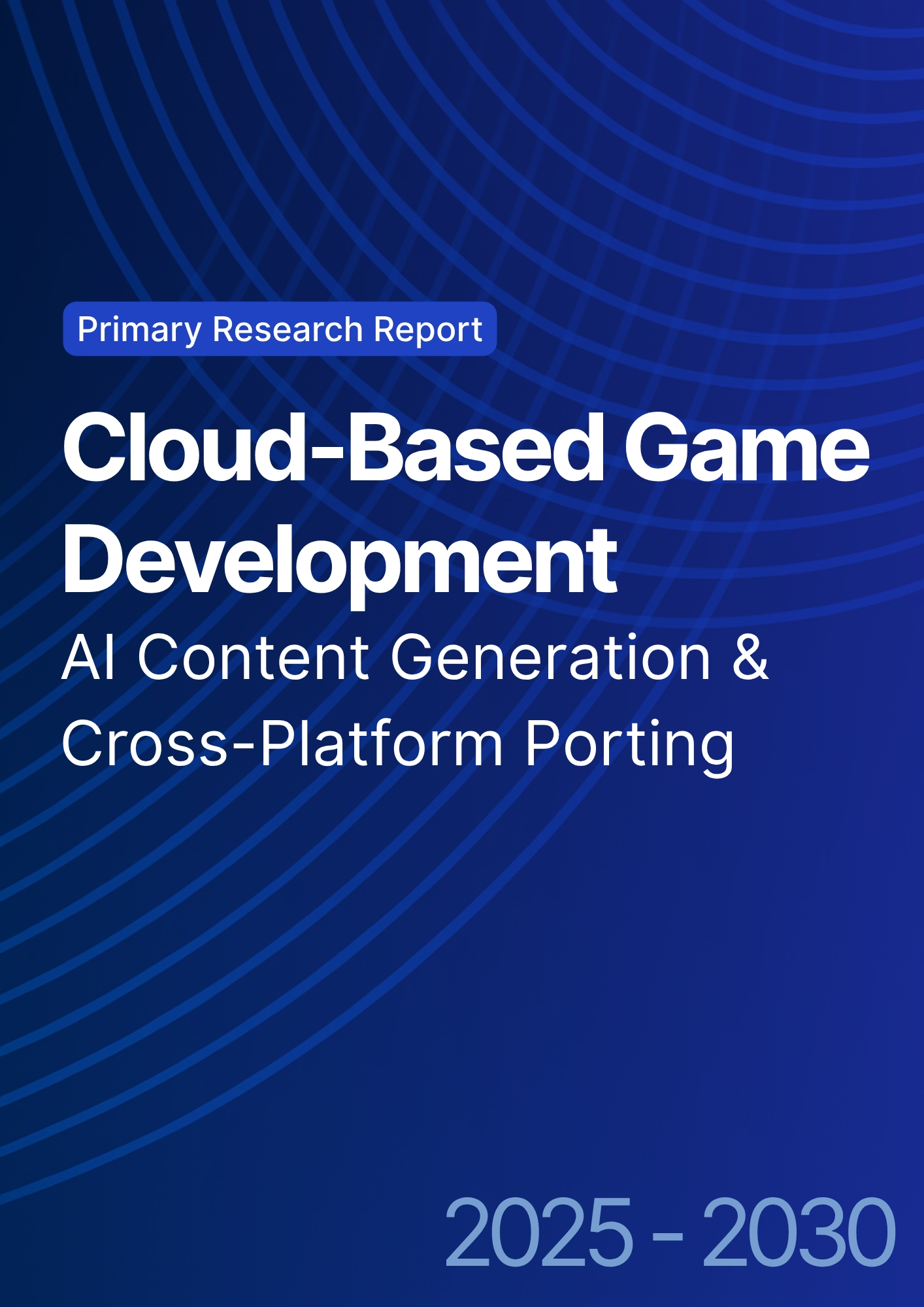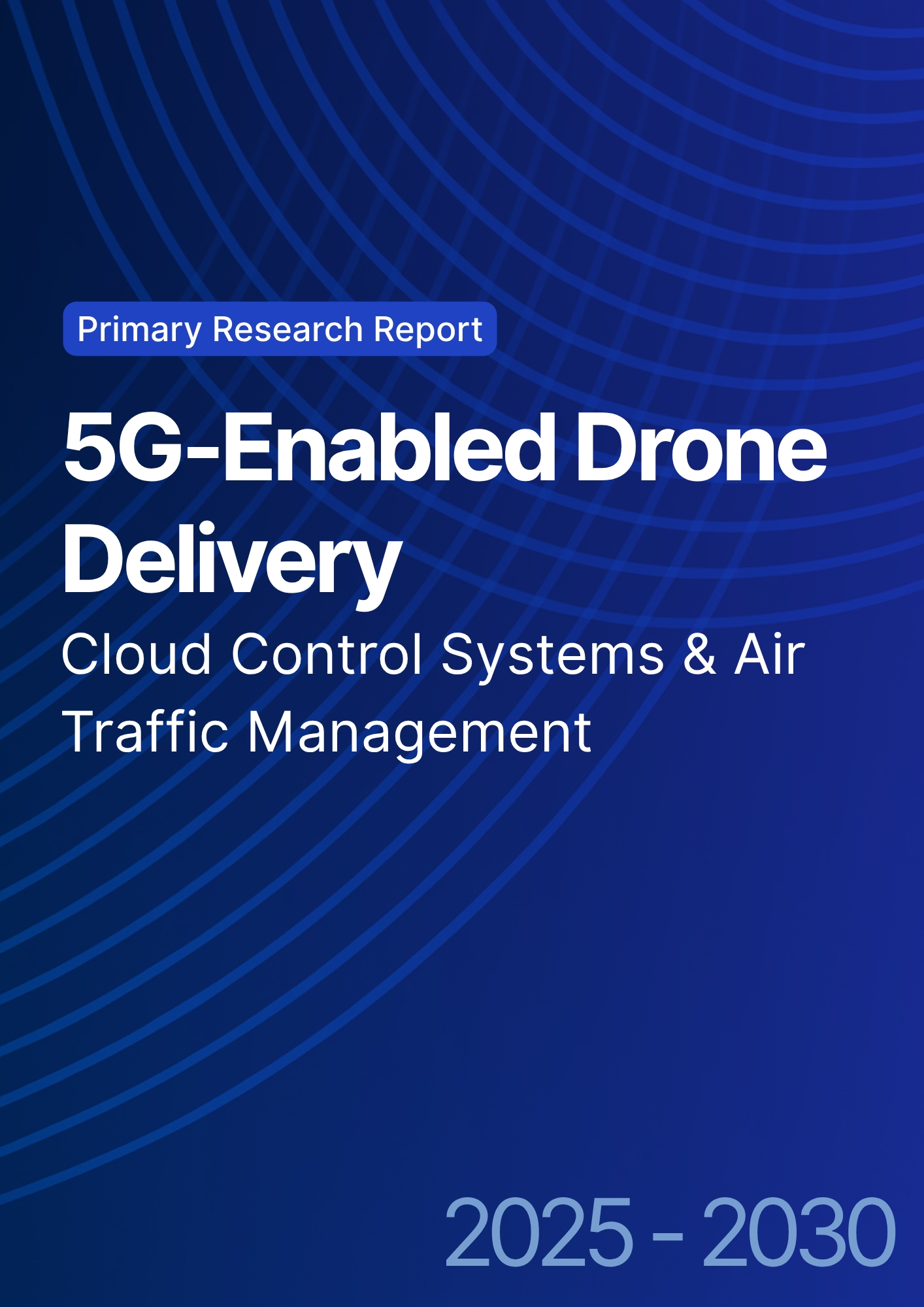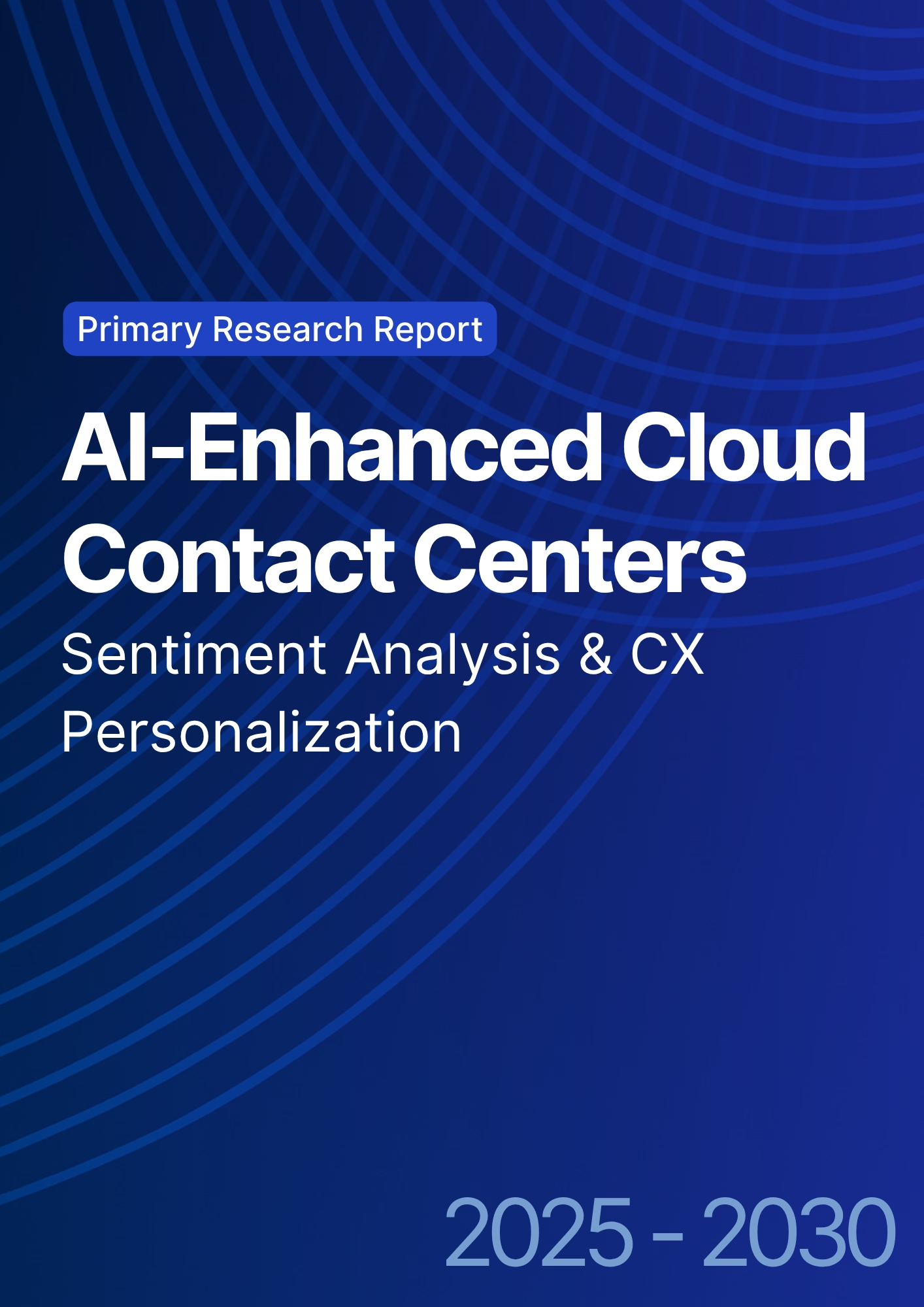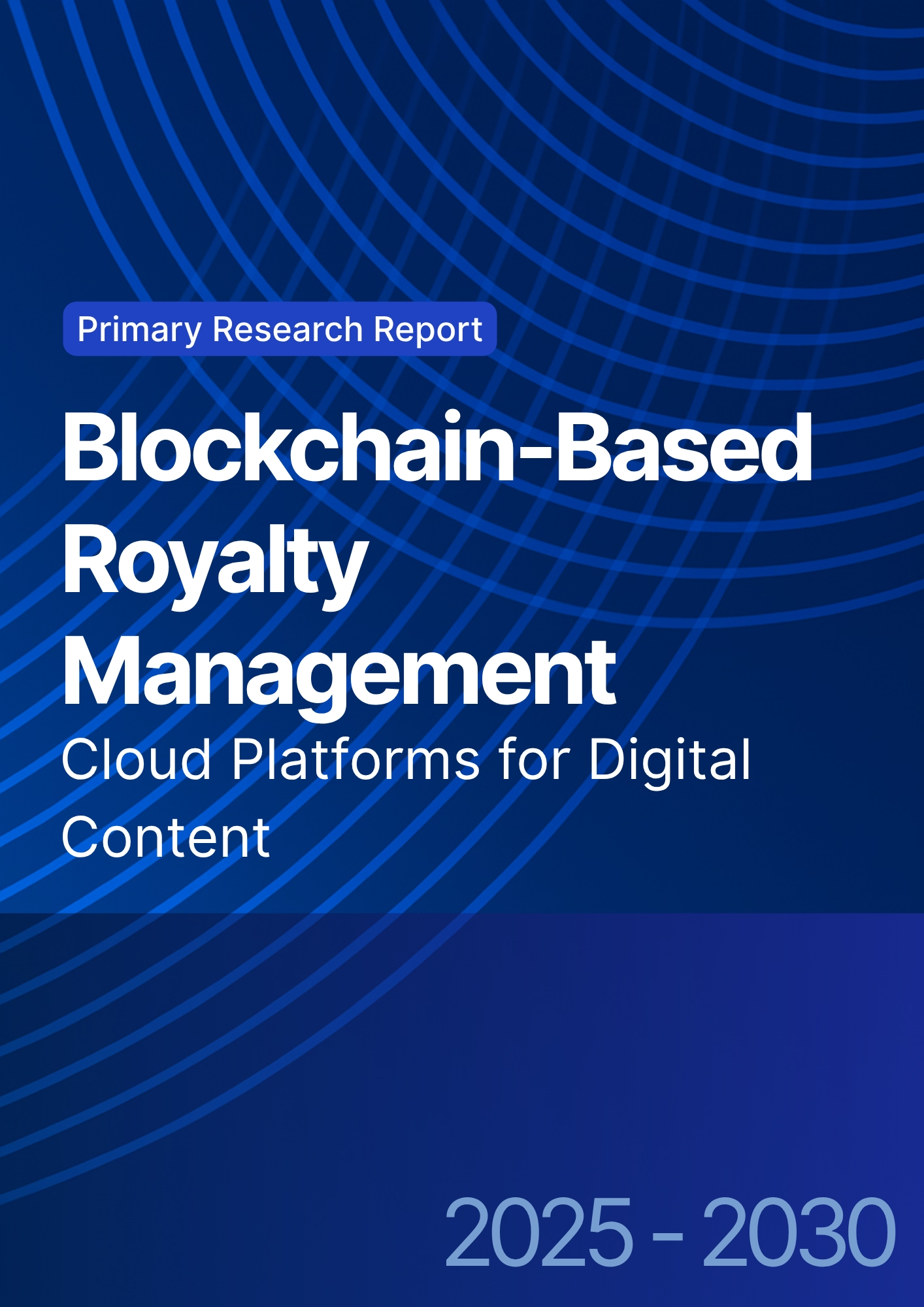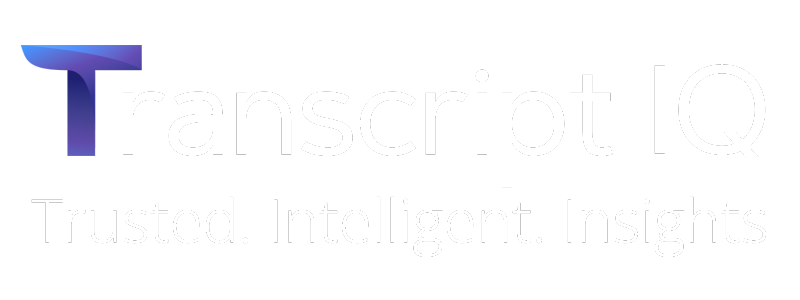

68 Circular Road, #02-01 049422, Singapore
Revenue Tower, Scbd, Jakarta 12190, Indonesia
4th Floor, Pinnacle Business Park, Andheri East, Mumbai, 400093
Cinnabar Hills, Embassy Golf Links Business Park, Bengaluru, Karnataka 560071
Connect With Us
Metaverse Infrastructure: Cloud Scalability & Consumer Behavior Analysis
The metaverse infrastructure market in India and the Asia-Pacific region is projected to grow from $3.1B in 2025 to $14.7B by 2030, achieving a CAGR of 36.9%. Growth will be driven by rapid cloud infrastructure scalability, AI-powered rendering systems, and the increasing consumer adoption of immersive digital platforms. By 2030, over 65% of active digital users in Asia-Pacific are expected to engage with metaverse environments for commerce, gaming, and social experiences. Investments from hyperscale's and telecom operators will accelerate the deployment of low-latency, high-bandwidth infrastructure, redefining digital engagement and creating new opportunities in virtual commerce and entertainment ecosystems.
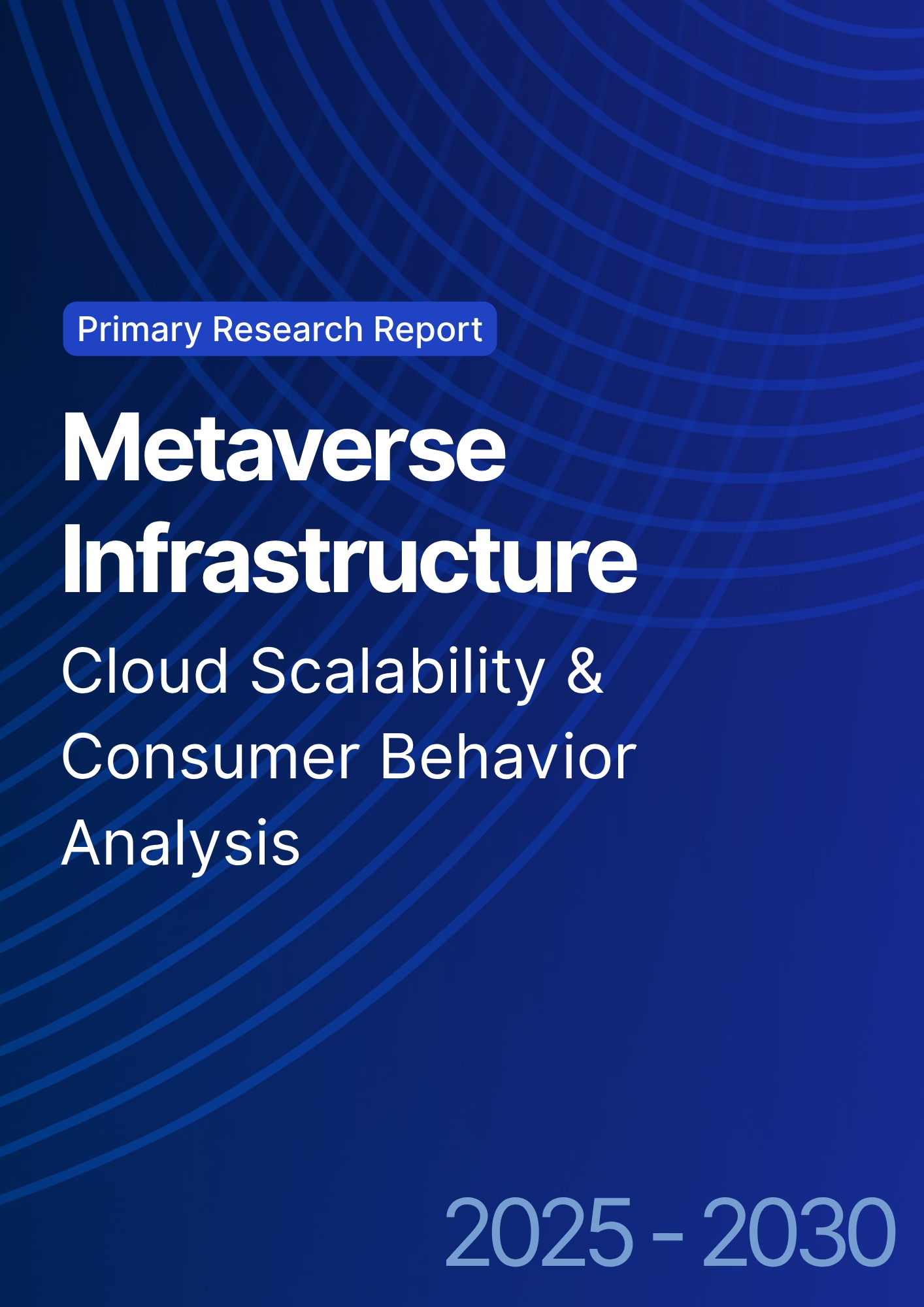
What's Covered?
Report Summary
Key Takeaways
- Market size: $3.1B → $14.7B (CAGR 36.9%).
- 65% of digital users in Asia-Pacific to engage in metaverse ecosystems by 2030.
- Cloud infrastructure demand to grow by 300% across India and Southeast Asia.
- 5G integration to reduce latency in virtual experiences by 40%.
- AI-driven rendering systems to cut server costs by 28%.
- Consumer spending in metaverse platforms projected at $24B annually by 2030.
- E-commerce and entertainment sectors to represent 70% of metaverse revenue.
- Cloud scalability enhancements to enable 30% faster content delivery.
- India’s share in regional metaverse infrastructure investments to reach 38%.
- Regulatory frameworks across Asia-Pacific to mature by 2028, encouraging safe digital interactions.
Key Metrics
Market Size & Share
The metaverse infrastructure market in India and Asia-Pacific is expected to surge from $3.1B in 2025 to $14.7B by 2030, reflecting a CAGR of 36.9%. India will capture 38% of the regional market, driven by significant investments in cloud scalability, AI-based infrastructure, and 5G connectivity. China, Singapore, and Japan will follow, contributing collectively to 45% of the market share through their advanced digital ecosystems. Cloud service providers such as AWS, Azure, and Alibaba Cloud are expanding data center capacity to meet rising demand. The increase in immersive consumer engagement, combined with AI-enabled real-time rendering, will propel metaverse adoption across both consumer and enterprise sectors.
Market Analysis
The Asia-Pacific metaverse ecosystem is undergoing rapid transformation as telecom operators and hyperscalers align to develop low-latency cloud infrastructure for immersive experiences. 5G integration will reduce latency by 40%, while AI-enhanced computing will reduce rendering costs and improve content load times by 30%. By 2030, consumer adoption is expected to reach 65% among digital users, with gaming, social commerce, and virtual events driving engagement. Cloud infrastructure spending will triple, with India and Southeast Asia emerging as the fastest-growing subregions. The market share of cloud platforms integrated into metaverse services will expand to 70%, highlighting the strategic importance of scalability and interoperability across ecosystems.

Trends & Insights
- Cloud-first Metaverse Growth: 300% increase in cloud infrastructure deployment by 2030.
- 5G-driven Scalability: Latency reduction by 40% across virtual and AR/VR experiences.
- AI Rendering Efficiency: 28% decline in server costs through predictive load management.
- Consumer Engagement Shift: 65% of online users to adopt metaverse interactions by 2030.
- Content Delivery Optimization: 30% improvement in speed and quality of immersive content.
- Sectoral Focus: Gaming and retail commerce to dominate, contributing 70% of metaverse GDP.
- Investment Surge: Regional funding in metaverse startups to exceed $5.8B by 2030.
- Enterprise Adoption: 40% of large companies to implement B2B metaverse applications.
- Policy Evolution: Regulatory clarity across APAC expected by 2028.
- Consumer Behavior Analytics: AI models driving personalized virtual engagement journeys.
These trends suggest a regional convergence between cloud, telecom, and consumer tech, making the Asia-Pacific metaverse infrastructure a major digital growth engine through 2030.
Segment Analysis
The market is segmented into cloud infrastructure (40%), AI-based rendering systems (25%), telecom & 5G connectivity (20%), and data analytics & user experience tools (15%). Cloud infrastructure leads with 40% share due to rising demand for high-performance computing and storage scalability. AI rendering systems hold 25%, focused on cost-efficient visual computation and dynamic load balancing. Telecom integration, accounting for 20%, emphasizes 5G-based network optimization, reducing lag in immersive environments. Finally, data analytics & user experience tools, comprising 15%, are instrumental in personalizing user journeys, identifying behavioral patterns, and enabling targeted monetization models for metaverse enterprises.
Geography Analysis
Within Asia-Pacific, India holds 38% market share, led by major telecoms like Reliance Jio, Airtel, and BSNL, which are investing in edge data centers and 5G deployment. Southeast Asia contributes 32%, with Singapore and Thailand focusing on cross-border interoperability and gaming-driven adoption. China, with its vast consumer base, represents 25% of market value, supported by Alibaba Cloud and Tencent Cloud investments. Japan and South Korea, though mature markets, account for the remaining 5%, emphasizing hardware innovation and AR/VR ecosystem development. The regional synergy between telecom, tech, and government entities will accelerate adoption and global competitiveness.
Competitive Landscape
Key players include Microsoft Azure, AWS, Alibaba Cloud, Google Cloud, and Tencent Cloud, each competing on latency performance, cost efficiency, and regional coverage. Reliance Jio and Airtel are emerging as domestic leaders in India, focusing on edge computing and localized server deployment. Tencent dominates China’s metaverse ecosystem, leveraging WeChat’s user base for large-scale integration. AWS and Google Cloud are investing in regional data centers across Singapore and Mumbai, providing scalable infrastructure for virtual commerce and gaming applications. The competitive focus is shifting toward AI rendering, real-time analytics, and cross-border digital regulation compliance, which will define the next phase of metaverse infrastructure maturity in the region.
Report Details
Proceed To Buy
Want a More Customized Experience?
- Request a Customized Transcript: Submit your own questions or specify changes. We’ll conduct a new call with the industry expert, covering both the original and your additional questions. You’ll receive an updated report for a small fee over the standard price.
- Request a Direct Call with the Expert: If you prefer a live conversation, we can facilitate a call between you and the expert. After the call, you’ll get the full recording, a verbatim transcript, and continued platform access to query the content and more.


68 Circular Road, #02-01 049422, Singapore
Revenue Tower, Scbd, Jakarta 12190, Indonesia
4th Floor, Pinnacle Business Park, Andheri East, Mumbai, 400093
Cinnabar Hills, Embassy Golf Links Business Park, Bengaluru, Karnataka 560071
Request Custom Transcript
Related Transcripts
$ 1350


68 Circular Road, #02-01 049422, Singapore
Revenue Tower, Scbd, Jakarta 12190, Indonesia
4th Floor, Pinnacle Business Park, Andheri East, Mumbai, 400093
Cinnabar Hills, Embassy Golf Links Business Park, Bengaluru, Karnataka 560071





